What is Filetry.com?
Filetry.com is considered as a malicious domain generated by a nasty adware program or a potentially unwanted program. So, if you see random pop-ups from this domain, then your computer may be currently infected with ad adware program or a potentially unwanted program which usually sneaks into the computer system via bundled with a freeware ‘Express’ or ‘Typical’ option. The adware associated with this domain is added to users’ web browsers as a browser extension or a plug-in which enables filetry.com to pop up in a new tab each time you open a web browser. These pop-ups from this domain says that you can require a video player which allows you to view multimedia content. Though the video player free download promoted on this domain seems really useful and attractive, you should not trust it because it just aims to induce you into downloading and installing fake updates or potentially harmful software promoted on this domain. If you do as the pop-up says, then you will not receive any useful video player from filetry.com but introduce numerous computer threats to your PC. Therefore, once you see such pop-ups from this domain, you should ignore it and take actions to remove it from your PC as early as you can to safeguard your PC from further trouble caused by this domain.
To enable filetry.com to pop up whenever you launch the browser, the adware associated with this domain will quickly modify your DNS settings, browser settings, and Hosts file without any permission once installed. Even though there is a pop-up blocker in your computer system, this website will still appear on your browser. This website pop-up can invade all web browsers installed on your computer such as Google Chrome, Internet Explorer and Mozilla Firefox. So, if you don’t take any action to remove the adware associated with this domain, then your computer may suffer from many other computer threats and problems, such as poor computer performance, endless annoying redirects, unstable Internet connection, additional malware infection, browser crash and even system freezing. Therefore, it is highly recommended that you should take actions to remove the adware linked to this domain from your computer system without any delay.
As you see, those annoying pop-ups are often caused by a nasty adware program which may hide in your computer system currently. So, once you see such pop-ups from filetry.com, it is recommended that you need to use a reputable and powerful anti-spyware application to scan and detect your computer thoroughly for possible adware hiding in the system.
Filetry.com Removal Instructions:
>>A video guide for filetry.com removal:
Step-by-step Manual Removal Guides
Step 1. End all of the running processes related to filetry.com before removing it from the computer as well as web browsers
Right click on the Taskbar >> select Start Task Manager >> find out and click End Process to stop all running processes of this domain

Step 2. Remove filetry.com adware or other suspicious programs recently installed from control panel
>>For Windows XP Users:
1). Move your mouse to click on "Start" button at the bottom left corner on your desktop.
2). Click on"Control Panel" in the menu ( or select"Settings" option and click on"Control Panel")
3). In the Control Panel menu, double click on "Add / Remove Programs" option
4). In the program list, find out and click on malicious program. Then, click Remove.
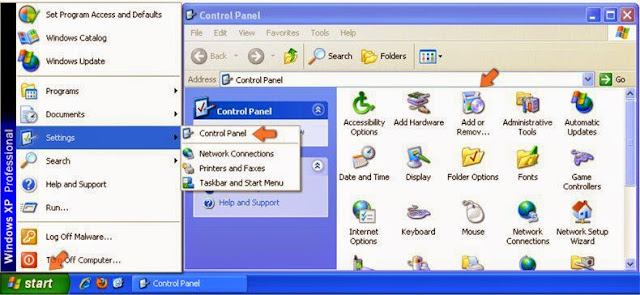
>>For Windows 7 Users:
1). Click on "Start" button at the bottom left corner.
2). Select"Control Panel" in the Start menu
3). In the Control Panel menu, find out and click on"Programs and Features" option
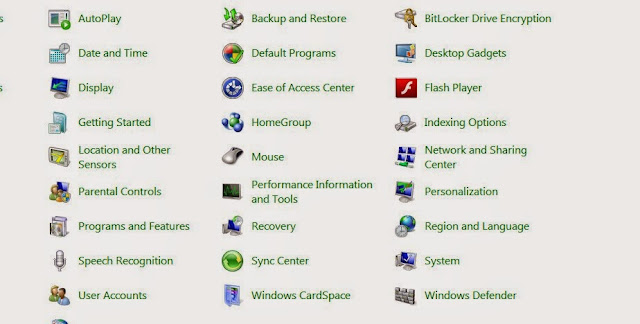
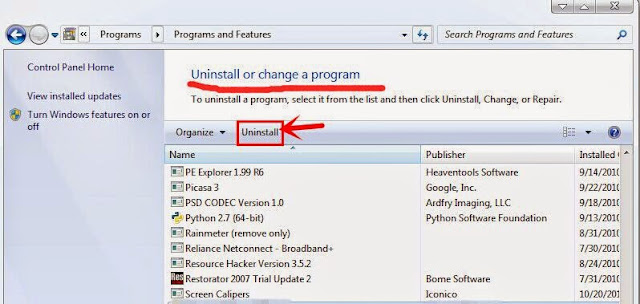
>>For Windows 8 Users:
1). Right click "Start" button (or lower left corner of your desktop to open the "Quick Access Menu").
2). Click on"Control Panel" option in the menu.
3). Click "Uninstall a Program" to open the list of installed programs.
4). Select malicious program and click "Uninstall" button.
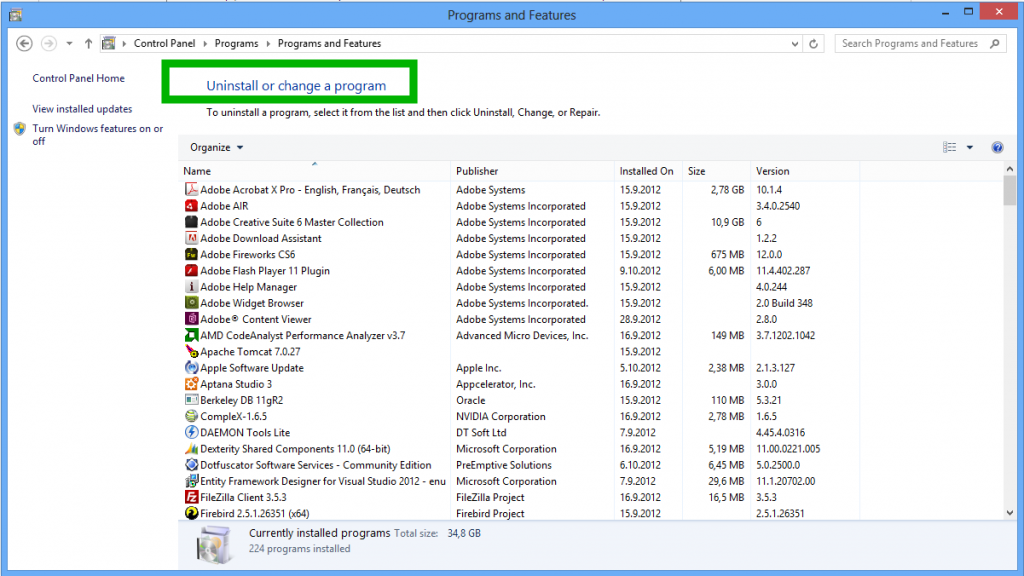
Step 3. Remove all suspicious add-ons or extensions of filetry.com adware from your web browsers
For Google Chrome:
1. Open Google Chrome -> click the Customize and control Google Chrome icon with three short stripes on the top right corner -> click on More tools -> click on Extensions
2. Look for suspicious extensions in the list, then click Trash icon to delete them one by one.
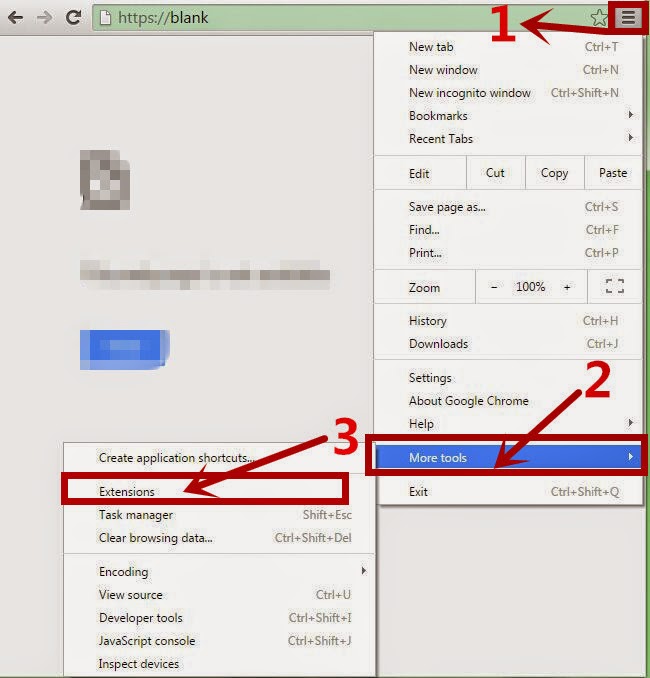
For Internet Explorer:
1.Click Tools in the Menu bar and then click Internet Options.
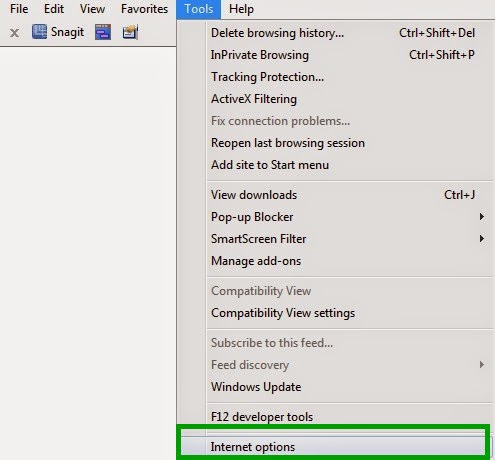
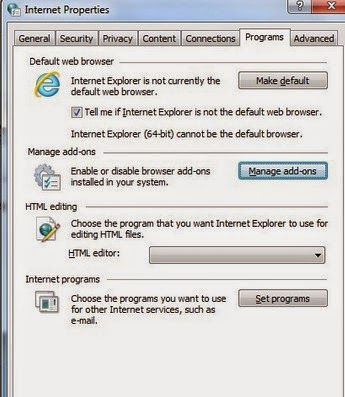
1. Start Firefox and press Ctrl+Shift+A on the keyboard at the same time (or click Tools > click Add-ons ) to open Add-ons Manager window. You will see a list of all extensions and plugins installed in Firefox.
2. Look for suspicious add-ons on the Extensions and Plugin. Highlight each one individually and click remove.
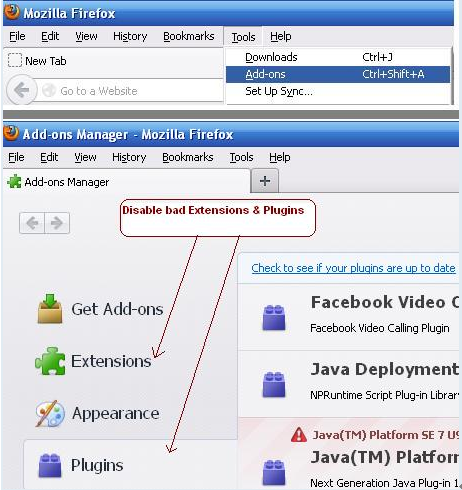
Reset Google Chrome:
1. Start Google Chrome and click on the browser "Menu button" (three bars in the right top corner) -> select "Settings" menu option
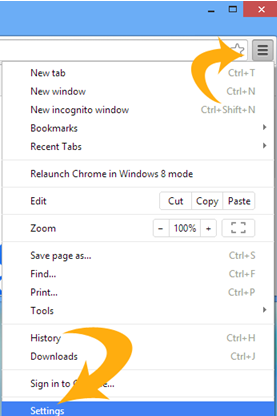
Click on "Show advanced settings" option -> Click on "Reset browser settings" button -> click on "Reset" to ensure the operation
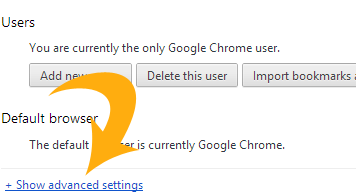
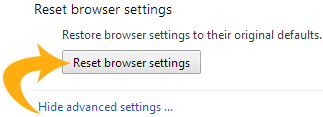
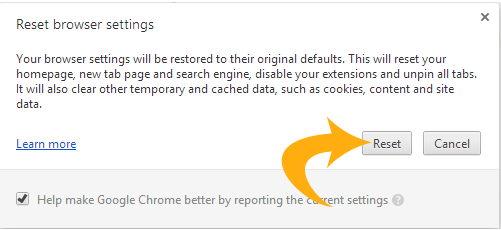
( Note: If you want to save other Chrome extensions and your personal settings, then you need to only remove extension from your web browser instead of running reset command.)
Reset Internet Explorer:
Start Internet Explorer and click on "Settings"/ gear icon in the right top corner -> click on "Internet Options"
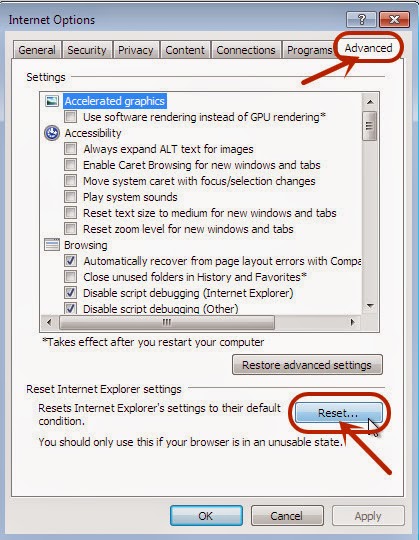
click on the option "Delete personal Settings" -> Click on "Reset" button -> Restart your browser
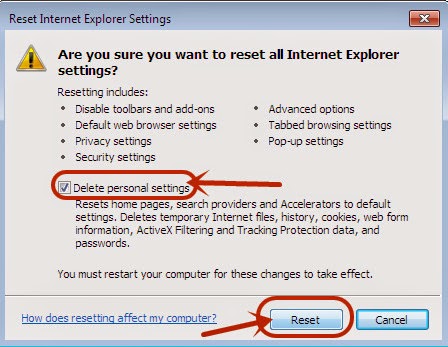
(Note: If you want to save other extensions installed in your Internet Explorer, then you need to only remove browser helper object from your web browser instead of making reset.)
Reset Mozilla Firefox:
Start Mozilla Firefox -> Click on "Menu" (three bars in in the right top corner) -> Select "Help" and click "Troubleshooting information"
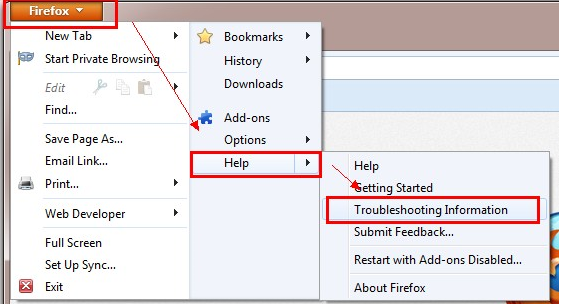
Click on "Reset Firefox" -> Click on "Reset Firefox" to confirm the operation -> Click on "Finish" to restart Firefox
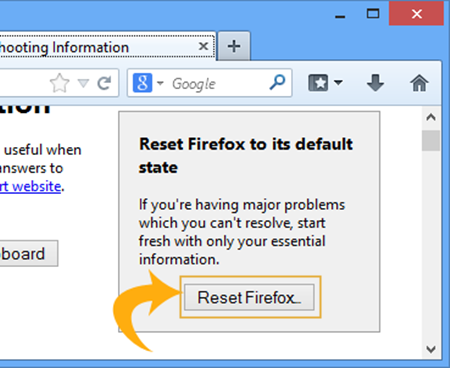
(Note: If you want to save other Firefox add-ons and your personal information stored in the web browser, then you need to only remove add-on from your web browser instead of using browser reset.)
Step 5. Remove all the registry entries of filetry.com adware or other suspicous programs recently installed
1. Press Win+R keys on the keyboard together to open the Run box, then type regedit into the search blank
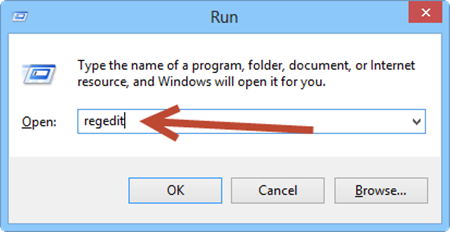
2. Find out and remove all the registry entries related to this adware in the Registry Editor window
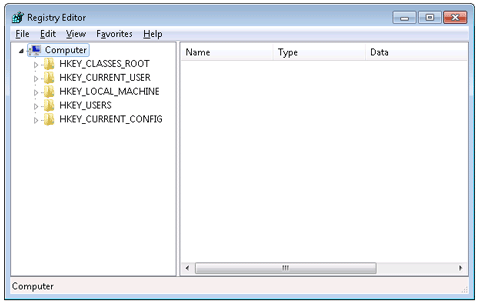
Step 6. Using RegCure Pro to optimize your system after manual removal
1.Click the icon to download RegCure Pro

2. Double-click on the icon the RegCure Pro program to open it

3. Click Next and complete the installation

4. RegCure Pro will begin to automatically scan your computer for errors RegCure Pro Thoroughly scans and cleans up your Windows registry automatically. RegCure Pro allows you to automate the whole process of regular optimization of your PC for best performance using an in-built “Fix All" scheduler.

Automatically Remove Filetry.com Adware with SpyHunter
Step one: Click the icon to download SpyHunter removal tool

Step two: Install Spyhunter as follows.



Step three: After the installation, run SpyHunter and click “Malware Scan” button to have a full or quick scan on your PC.

Step four: Select the detected malicious files after your scanning and click “Remove” button to clean up all viruses.

Note: As Filetry.com pop-ups are caused by a relatively tricky and stubborn adware program, it can do much harm to your PC if you keep it in your system without taking any actions to remove it. If you have difficulties in removing the adware associated with this domain manually, it is recommended that you use a good removal tool like SpyHunter to get rid of it effectively.
>>Tips for Preventing Your PC From Malicious Domain Pop-ups or Other Computer Viruses:
If you want to safeguard your PC from malicious domain pop-ups, ransomware, trojan, malware or other dangerous infections and keep your computer system in a safe condition, then you should take actions to protect your computer system appropriately and regularly. There are some tips recommended to you.
- Update your antivirus software regularly.
- Do not download and install freeware from unsafe sources.
- Do not open junk mails or suspicious email attachments.
- Dot not click on unknown links or ads from social networking sites easily.
- You should always scan the removable storage medium before using it.
- Make backups for your important files regularly.


No comments:
Post a Comment